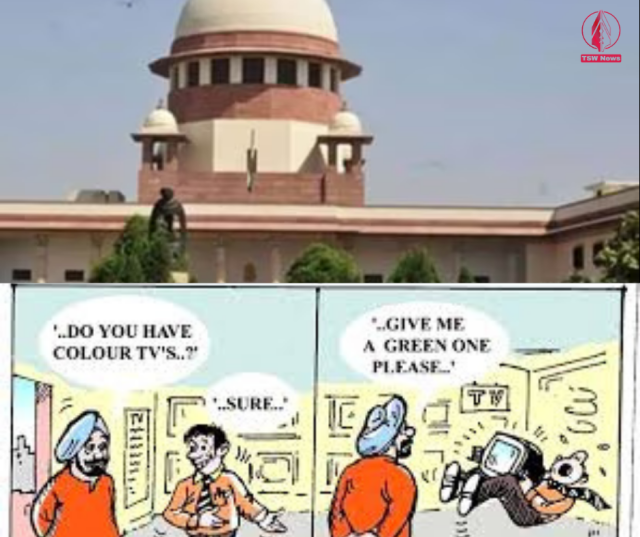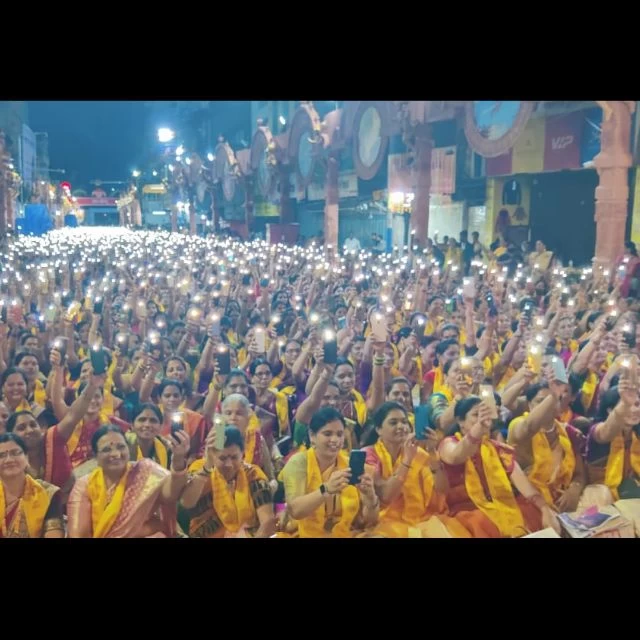Supreme Court Stresses Need to Address Jokes on Sikhs, Sardars; Calls for Sensitisation Efforts
- Posted on November 22, 2024
- News
- By Arijit Dutta
- 12 Views
The Supreme Court has called for measures to address offensive jokes targeting Sikhs, suggesting sensitization efforts in schools and communities. A PIL argues that such jokes violate constitutional rights, while activists propose penalties and regulatory filters to curb the issue. The court aims to balance cultural respect with legal enforceability.

The Supreme Court of India has emphasized the importance of sensitizing communities, especially schoolchildren, against offensive jokes targeting Sikhs and Sardars. Hearing a Public Interest Litigation (PIL) filed by Sikh lawyer Harvinder Chowdhury, the bench, comprising Justices Bhushan R Gavai and KV Viswanathan, described the matter as a significant issue deserving attention.
The PIL, filed in 2015, argues that jokes ridiculing Sikhs and Sardars violate their constitutional rights to equality and dignity. Chowdhury urged the court to mandate the removal of such content from social media and websites, citing its detrimental impact on the community’s self-esteem and social standing.
During Thursday's hearing, Chowdhury recounted personal experiences of ridicule, including one during a court argument when she faced mockery tied to the stereotype of "12 o'clock" jokes. She also highlighted the bullying of Sikh children, which she said leads some to abandon their cultural identity, including traditional surnames like Singh and Kaur.
Also Read: Manipur Violence Sparks Heated BJP-Congress Clash
The Delhi Sikh Gurudwara Management Committee (DSGMC), supporting the petition, argued that such jokes perpetuate harmful stereotypes and alienate the Sikh community. The DSGMC proposed actionable measures, including financial penalties for creating or sharing offensive content, with funds directed to the National Legal Aid Fund, and the implementation of filters by the Union ministries of telecom and information to prevent the circulation of such material.
The court acknowledged the sensitivity of the issue but also recognized challenges in regulating humor and social behavior. In earlier hearings, the bench had questioned the feasibility of enforcing moral guidelines specific to one community, distinguishing this case from systemic issues like workplace harassment addressed in landmark rulings such as the Vishaka guidelines.
Also Read:
The bench has requested Chowdhury and the DSGMC to submit detailed recommendations for consideration. The court intends to explore practical measures within enforceable legal frameworks and is scheduled to resume the hearing after six weeks.




